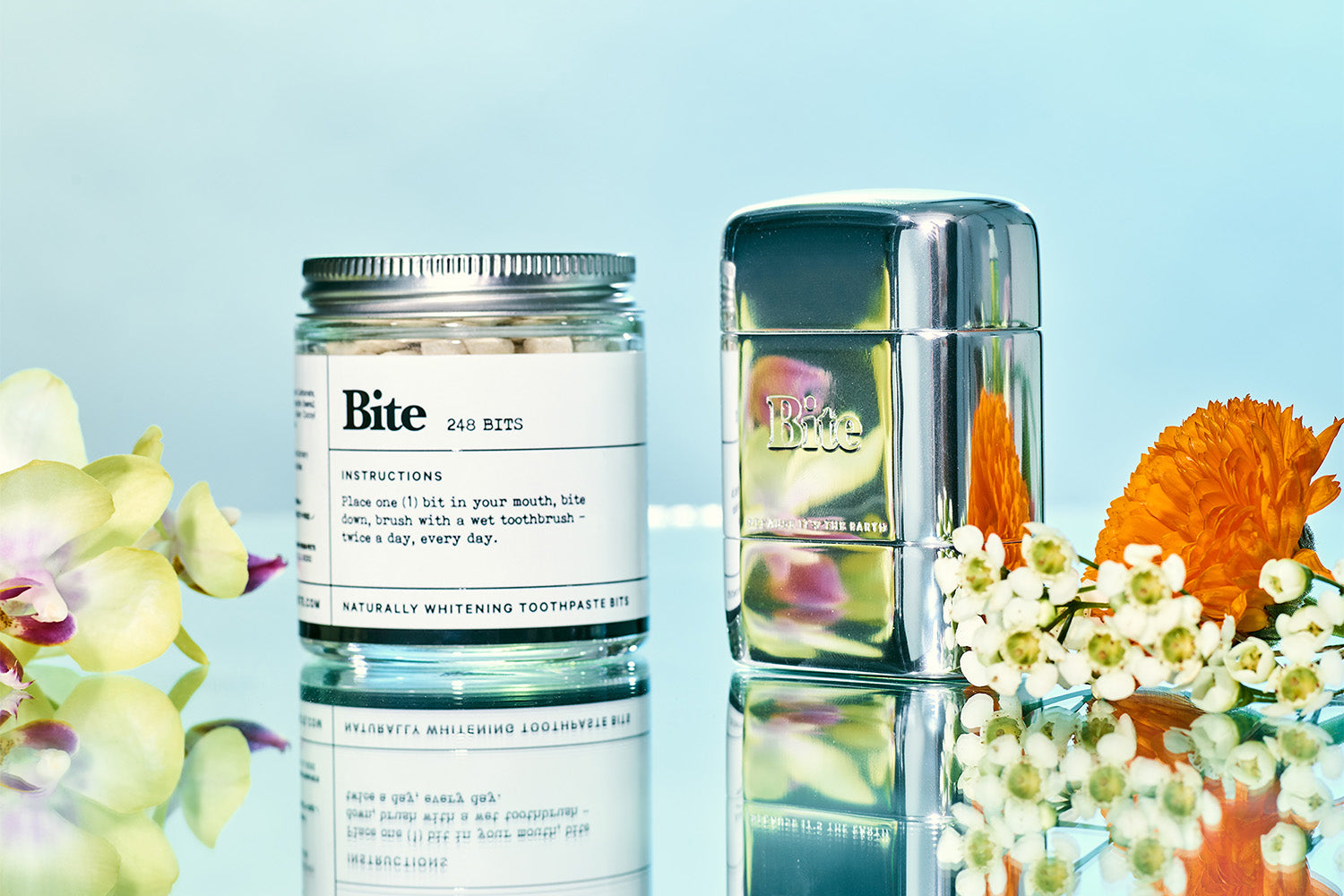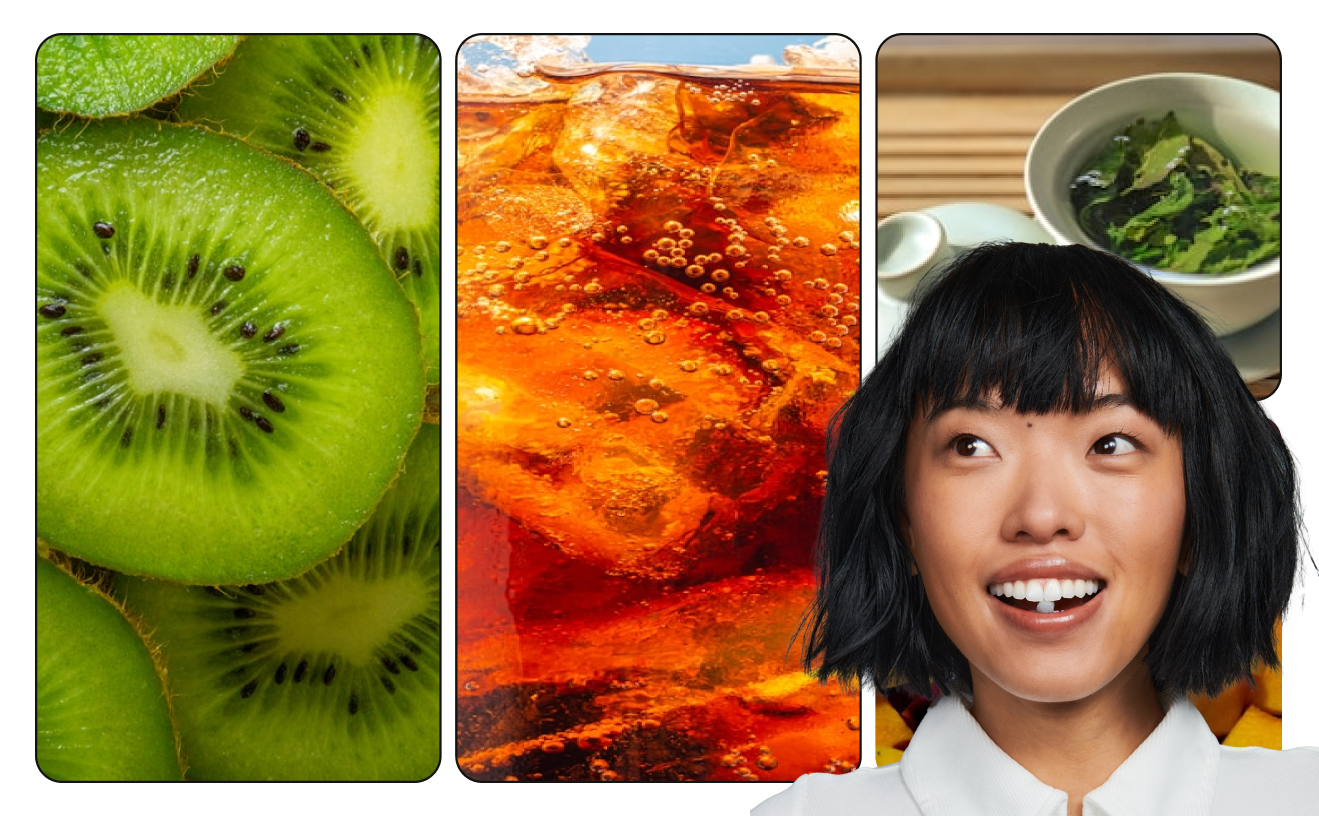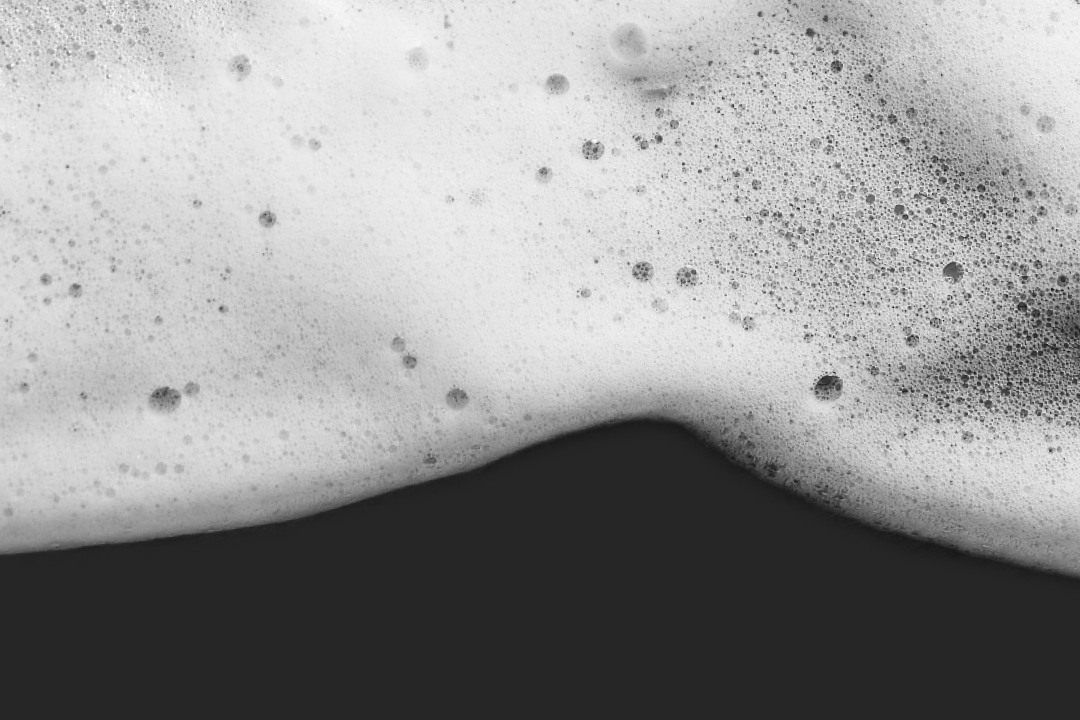Is Bamboo Sustainable and Better for the Environment?
Lately, there has been an increase in the number of options for sustainable alternatives to plastics made from materials like glass and different kinds of plants. One alternative that has some unlikely yet innovative uses is bamboo.
When you think of bamboo, you might think of imagery seen in Asian art or chopsticks, but did you know that bamboo has uses that extend as far as bamboo fabric? Keep reading to learn more about the many characteristics and uses of bamboo that make it perfect for sustainable living.
What Is Bamboo?
Bamboo is a type of tall grass resembling trees in structure, and it has over 1,400 different species. Bamboo grows mainly in East and Southeast Asia, but some species of bamboo also grow naturally in the southern United States.
What sets bamboo apart from other types of grass is that it grows quickly — some species can even grow up to one foot per day!
Of course, bamboo’s ability to grow depends on its soil and weather conditions, but this characteristic makes bamboo an incredibly useful, renewable resource. Renewable resources are those that virtually do not run out and are useful solutions for the growing issue of overconsumption that contributes to pollution.
Bamboo and Biodiversity
Biodiversity refers to the various species of plants and animals that make up an ecosystem.
Biodiversity is crucial to the survival of our ecosystems because each plant and animal have specific roles that help maintain balance and upkeep their ecosystems. These systems provide resources like food and clean water that keep us alive.
Bamboo plays a vital role in the biodiversity of the ecosystems it inhabits because it provides food and shelter for various animal species like pandas and even humans! Because bamboo is a fast-growing plant, it is a dependable resource for species of animals that also play roles in the survival of their ecosystems.
How Is Bamboo Grown?
Bamboo is a fascinating plant for many reasons, one being its incredible growing abilities.
Bamboo is not only a fast-growing plant but also uses its own energy to spread its roots to self-regenerate and grow stronger, taller plants. Though it spreads and grows quickly, bamboo root systems are shallow, which helps prevent soil erosion.
Soil erosion happens when the top layer of soil wears away, creating less than ideal conditions for growing plants. Soil erosion also disrupts ecosystems because of the unsafe conditions it creates for animals and plants. The growth of bamboo aids in keeping the soil intact because of its dense roots.
Are Bamboo Products a Sustainable Alternative?
Bamboo has a wide variety of uses, and because it is a renewable resource that regrows quickly, using bamboo instead of other materials like plastic is a sustainable way of meeting needs without causing a negative environmental impact.
Below are just some ways that bamboo can be used to make items that help cut down on plastic use and overconsumption as well.
Biofuel
Gasoline is one of the largest contributors to air pollution because, when burned, gasoline emits toxic fumes that are harmful to both the atmosphere and humans as well.
Biofuel, however, is fuel that is derived from an organism — like a plant. Luckily, bamboo is an effective fuel alternative and serves as a source of biofuel. Because of its high sugar content, bamboo can be converted to ethanol through a chemical process, a type of alcohol used to produce gasoline.
Architecture
Because of its strength and aesthetic appearance, bamboo is a sustainable alternative to wood. Because wood is used to build houses and other kinds of buildings, the high demand for this resource is a significant culprit for deforestation.
Deforestation is dangerous because trees provide oxygen that we need to breathe while also absorbing carbon dioxide, a greenhouse gas that causes heat to be trapped in the atmosphere.
In contrast to most types of wood, bamboo and concrete strengthened with metal wire and bars can create earthquake-resistant building material, perfect for areas where earthquakes are more common.
With the help of bamboo, the dangers of deforestation can be minimized while also creating sturdy, beautiful houses, buildings, and even furniture!
Food Source
Bamboo shoots are a popular ingredient in many Asian cuisines and are very versatile due to their mild flavor.
Bamboo shoots can be stir-fried, braised, boiled, sauteed, or cooked in any way you can imagine. Bamboo shoots are versatile in cooking and flavor and incredibly nutrient-dense, containing countless vitamins and minerals like potassium, selenium, amino acids, and protein.
Air Purification
From driving cars to even taking hot showers, humans constantly emit carbon dioxide.
Carbon dioxide is one of the top greenhouse gasses trapping heat in the atmosphere, causing global warming that contributes to climate change.
Trees are life-saving plants that convert carbon dioxide into oxygen that we need to breathe, but deforestation is stripping oxygen away while also emitting toxic carbon dioxide.
Luckily, bamboo is a super plant when it comes to air purification. Bamboo plants are excellent at absorbing large amounts of carbon dioxide, and like trees, these plants also release oxygen.
Utensils
SIngle-use utensils used in food service are mostly made from plastic and are incredibly wasteful but are also convenient for eating food on the go.
Unfortunately, plastic utensils also have an extensive lifespan and can take several centuries to decompose. The first plastic utensils you ever used are most likely still in a landfill somewhere.
To reduce overall waste and consumption, utensils made from sturdy bamboo are perfect alternatives to single-use plastic utensils. Carrying bamboo utensils with you is an easy way to reduce your personal waste and decrease the demand for plastic utensils.
Personal Care Products
Many of us have carefully constructed, perfectly personalized personal care routines that are made complete with products that we simply cannot live without. Unfortunately, some of these products contain harmful chemicals or are made from plastic.
A good deal of plastic use and waste comes from our bathrooms. It is too easy to produce copious amounts of waste, from plastic-wrapped toilet paper to plastic toothbrushes.
At Bite, we understand how important it is to take care of your body while taking care of the earth at the same time. That is why we have harnessed the power of nature to provide personal care products produced with zero plastic, zero waste, and clean ingredients.
Plastic toothbrushes are wasteful because of how often they need to be replaced and the fact that they are made from plastic.
Our Bamboo Toothbrush is plastic-free with replaceable brush heads. With soft, plastic-free bristles, you can get to those hard-to-reach places, leaving you with a clean smile and a cleaner planet thanks to sustainable materials!
To complete your clean routine, our Daily Habits Kit gives you all the products you need to keep oral health in and plastic waste out. With Toothpaste and Mouthwash Bits, a bamboo toothbrush, and plastic-free floss, you will be well on your way to cleaning up your personal care routines and reducing your carbon footprint.
Textiles
We all love wearing clothes that help us express ourselves better and show off our unique, personal styles. However, the fashion industry is one of the largest contributors to carbon emissions and produces fabrics that are harmful to the earth.
One of these fabrics is rayon. Rayon is a man-made fabric made by converting plant cellulose into a liquid, processed through a device called a spinneret, and it is then converted into a fiber that becomes fabric.
You may wonder why rayon is harmful; if it’s made from plants, how bad can it be? Rayon is harmful to the earth because it requires deforestation to mass-produce enough plant cellulose to keep up with the demand for rayon clothing.
Bamboo fibers can be made into bamboo rayon, thus replacing the harmful process of manufacturing traditional rayon.
Is Bamboo More Sustainable?
In simple words, yes, bamboo is more sustainable for various reasons. However, the main reason why bamboo is more sustainable than other materials like wood is that it is a renewable resource.
Renewable resources are crucial to the survival of our planet because they continually provide what we need to survive without running out or harming the environment. Bamboo is a wonderful renewable resource because it provides food, shelter, clothing, and many other products we use daily.
The Bottom Line
It is imperative to discover sustainable alternatives that cut back on waste and carbon emissions because we only have one earth to live on.
In a world dominated by plastic and overconsumption, taking care of the earth can seem nearly impossible. With Bite, we make helping the earth an easy choice.
Bamboo can be transformed in countless ways to create nutritious food, sturdy shelter, and trendy clothing while saving the earth at the same time.
With the power of plants (like bamboo!), we at Bite are devoted to helping create a cleaner, healthier earth for present and future generations.
Sources:
8 Amazing Bamboo Facts | OneTreePlanted
Renewable Resources | National Geographic
Application of Bamboo Plants in Nine Aspects | NIH
10 worst single-use plastics and eco-friendly alternatives | WWF


